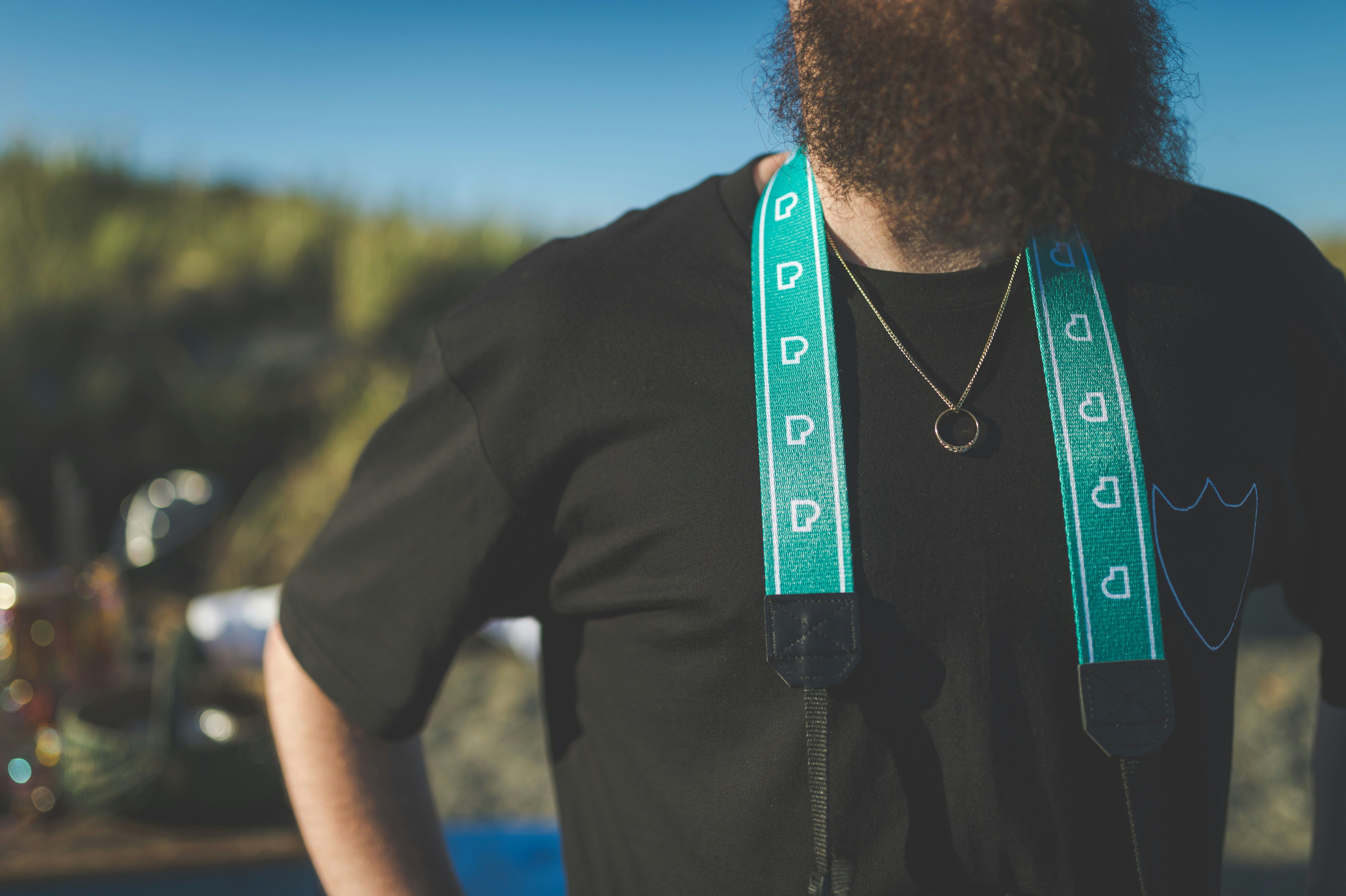Uncovering Smartwatch Precision: The Hidden Truth Behind Your Wrist Gadget
Health Trackers Falsely Assessing Our Well-being
In the era of fitness and health enthusiasts, smartwatches have become an indispensable part of many lives. They offer a myriad of features, including heart rate and distance measurements, making it easier for us to monitor our performance during physical activities. However, you might be surprised to know that their accuracy can fluctuate depending on the type of exercise, device quality, and sensor technology.
Heart Rate: A Mixed Bag
While smartwatches generally deliver fairly accurate heart rate measurements during low-to-moderate intensity activities or during rest, precision may plummet during high-intensity exercises due to motion artifacts and sensor limitations. To put it simply, the harder you push yourself, the less accurate your heart rate estimates might become.
GPS and Distance: A Question of Reliability
Smartwatches with integrated GPS typically provide accurate distance tracking for outdoor activities like running or cycling. Nevertheless, factors such as satellite signal strength and urban canyon effects can sometimes introduce errors. Fortunately, modern smartwatches combine GPS, accelerometers, and AI algorithms to enhance distance measurement accuracy, especially in environments where GPS signals are weak.
The Great divide: Sport by Sport
Running: The So-So Case
For running, devices like the Fitbit Inspire offer acceptable accuracy in distance tracking, albeit with some "jumpy lines" that may emerge in the GPS data due to satellite reception or data interpretation issues. Heart rate accuracy is generally reliable but may falter during intense runs.
Cycling and Swimming: The Tricky Duo
In activities such as cycling, GPS accuracy is generally commendable, but water activities like swimming can pose difficulties due to signal interference from water. Smartwatches may use alternative methods such as accelerometer data to estimate distances in these situations.
Heart Rate Zone Training: A Better Alternative?
Devices like the Scosche Rhythm24 armband have been designed explicitly for tracking heart rate zones during exercises like running and cycling, offering real-time feedback on how hard you're pushing yourself.
In Sum
Smartwatch accuracy for heart rate and distance measurements varies significantly based on the specific exercise and device technology. While they can offer valuable insights into fitness tracking, it's crucial to be aware of their limitations, especially during high-intensity activities. Continual improvements in sensor technology and algorithms help to refine accuracy over time, making smartwatches a steadfast tool for general fitness tracking purposes.
- Some athletes may find that their smartwatches provide less accurate heart rate estimates during high-intensity exercises due to motion artifacts and sensor limitations.
- In water activities like swimming, smartwatches can struggle with GPS accuracy because of signal interference, but they might use accelerometer data to estimate distances instead.
- Some devices, such as the Scosche Rhythm24 armband, specialize in tracking heart rate zones for exercises like running and cycling, providing real-time feedback to help athletes train more effectively.







